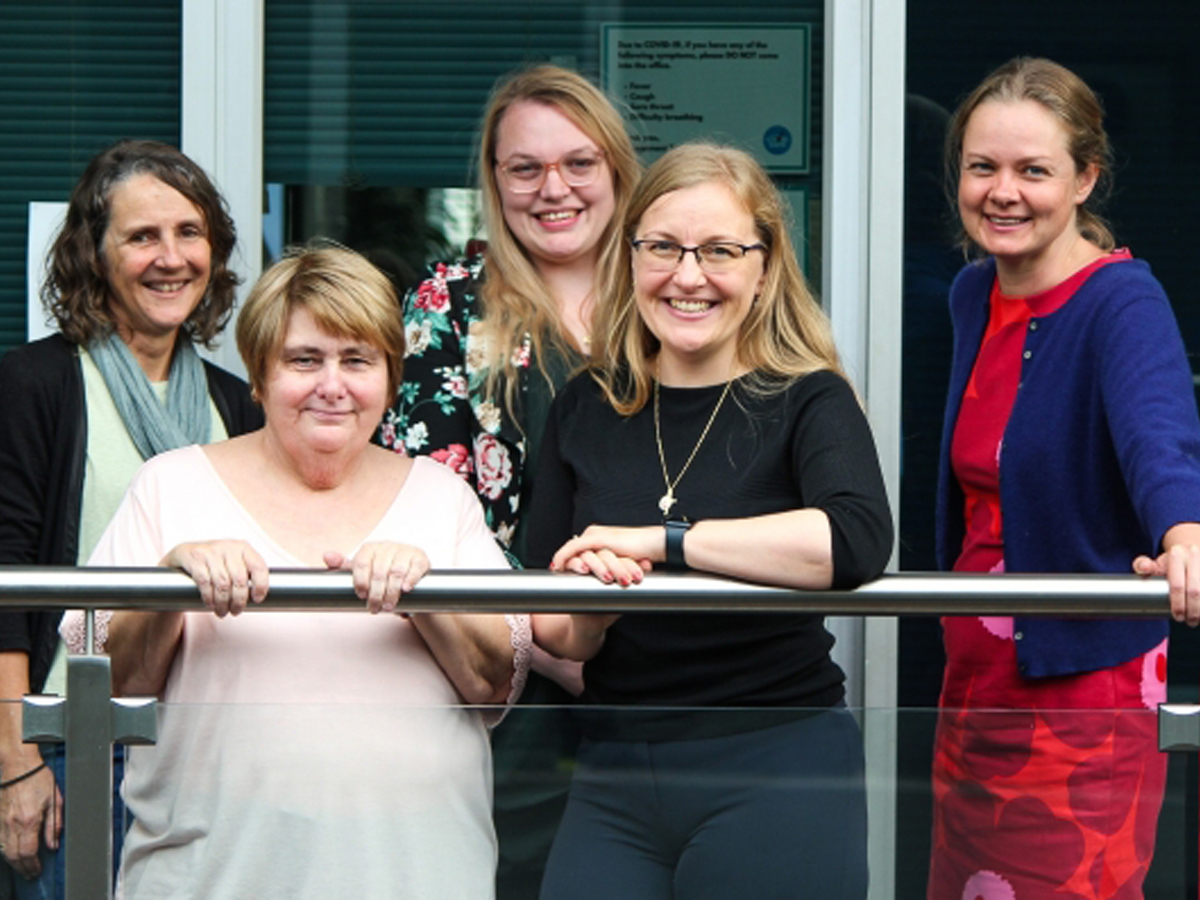A UNSW Sydney research team has received funding to make genetic tests and genetic counselling for people with intellectual disability more accessible and equitable.
The interdisciplinary project, GeneEQUAL will develop resources and education to help health professionals practice a new model of genomics health care which is respectful, appropriately paced and trauma informed. It will also co-design information and psychosocial support resources for people with intellectual disability and their families undergoing genetic testing, to help them make more informed choices and benefit from genetic diagnoses.
Genomics has revolutionised the understanding of the causes of intellectual disability and offers improved physical and mental health outcomes. However, people with intellectual disability often miss out on these opportunities due to inequitable and non-inclusive care. More than 400,000 Australians have intellectual disability.
Chief investigator Dr Elizabeth Palmer from UNSW Medicine & Health said the project will break new ground by including co-researchers with intellectual disability. The opinions and preferences of people with intellectual disability, including those from Aboriginal and Torres Strait communities, their carers and families, will also be incorporated into the research program.
“This is a true research partnership with people with intellectual disability. Designing the research program this way was key to us, specifically so that the project could address the critical health inequities for people with intellectual disability not only in Australia but globally,” Palmer said.
Health Minister Mark Butler said the awarded projects will develop the evidence base for future policies, interventions and other initiatives to improve the quality of life of people with intellectual disability.
“People with intellectual disability must have access to the care that meets their needs and supports them to lead healthy and active lives,” he said. “It’s so important that, along with their families and carers, they are involved in research that will find better ways to deliver that care.”
The GeneEQUAL team Jackie Boyle, Julie Loblinzk, Skie Sarfaraz, Iva Strnadová and Elizabeth Emma Palmer. Photo: Russell Wheatley

